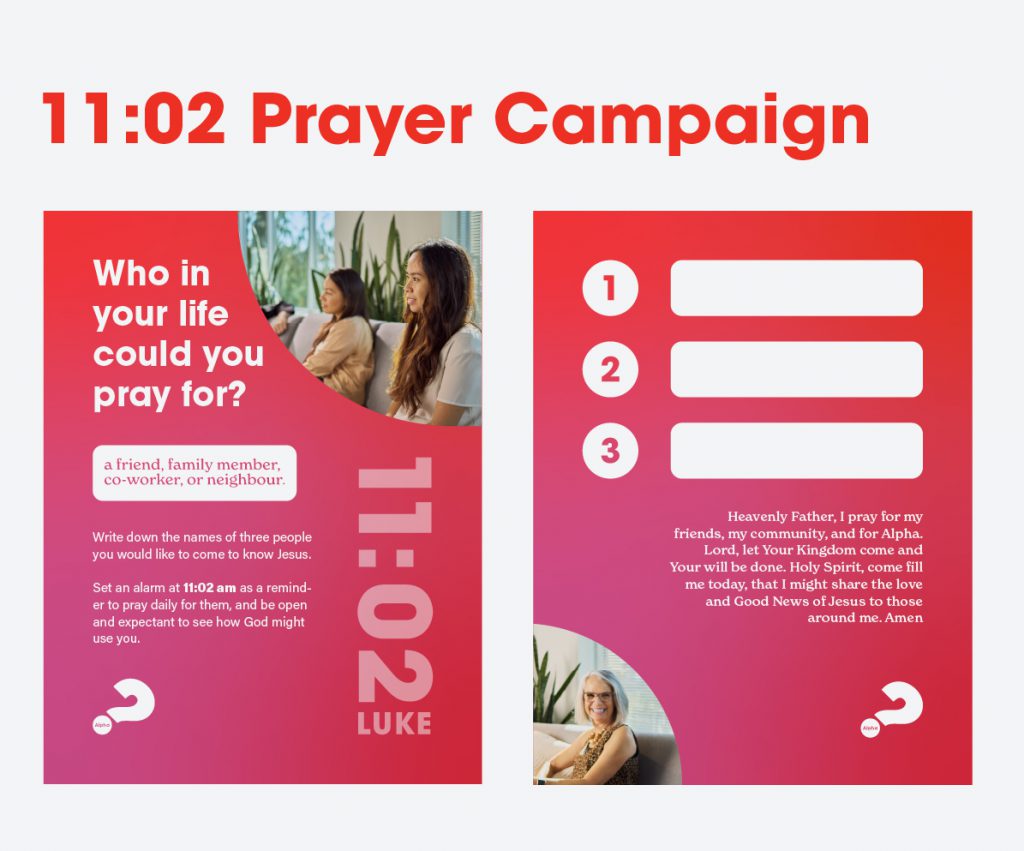In 2009, there was a series of bus slogans in the UK which read “There’s probably no god. Now stop worrying and enjoy your life”. This was part of the New Atheist movement which was very successful at asking questions that made Christians, in particular, look ignorant and stupid. Being ordained just before that time, I had to deal with all the doubts that people started to have at an intellectual level.
But recently, I learned how the movement started to die around 2018, for three reasons: 1) People within the movement itself started realizing that the greatest threat to reason was not religion but wokeism. That’s why Peter Boghossian, who wrote A Manual for Creating Atheists, started submitting fake academic articles, such as rape culture among dogs, just to show how crazy universities have become about social justice! 2) Moral scandals within the movement, like women being treated as objects by the men, exposed that the new atheists were no better than the religious people they criticized. 3) They offered nothing to replace faith. Once you destroy religion, science doesn’t give us meaning, so people started to look elsewhere. Why? Because the human condition needs more than just ideas.
As an example, new atheists kept asking, ‘If God is real, why doesn’t He give us more evidence?’ There’s lots of evidence for God, but the deeper answer is: If God gave us more evidence, would we love Him? That’s what Christian faith is about. And this corresponds to the human condition: We need love and purpose. God knows this, which is why He doesn’t just keep things at an intellectual level, but wants a relationship with us. Furthermore, that’s why He never forces us to love or follow Him.
Today’s Gospel is a reminder of the human condition, and how Jesus approaches humanity in friendship: “John was standing with two of his disciples, and as he watched Jesus walk by, he exclaimed, ‘Look, here is the Lamb of God!’ The two disciples heard him say this, and they followed Jesus” (Jn 1:35-37). By following St. John the Baptist, who was holy and enigmatic, we can infer that the two disciples were hungry for God and finding answers in John. So, once John points out the ‘Lamb of God’ (which alludes to the lamb whose blood protected the Hebrew people as they were rescued from Egyptian slavery), the two ‘followed’ Him, meaning they start learning from Jesus—just as we follow all sorts of people on social media, and through them we get links to other people, and then start following and learning from them.
“When Jesus turned and saw them following, he said to them, ‘What are you looking for?’” (1:38). This is a theological question. What do we deeply long for when we watch all sorts of videos and listen to podcasts? Jesus’ question is meant to make us stop and think about it. “They said to him, ‘Rabbi’ (which translated means Teacher), ‘where are you staying?’” In St. John’s Gospel, as we mentioned before, there’s always a progressive understanding of Who Jesus is based on His titles. Here, they call Him ‘Rabbi,’ later, they’ll call Him Messiah.
Now the New Atheists have sometimes asked the fair question: Why doesn’t Jesus just tell them, ‘I’m God!’? Because that doesn’t correspond to the human condition. I’ve met a few men who told me that the first time they saw their wife, they knew that was the woman they’d marry. But none of them said, ‘Hi, my name is such and such, I’m going to marry you.’ We need time to get to know people, including God.
“He said to them, ‘Come and see.’ They came and saw where he was staying, and they remained with him that day. It was about four o’clock in the afternoon” (1:39). In St. John’s Gospel, ‘coming’ and ‘seeing’ are words for starting to believe and have faith (Cf. Jn 3:21; 5:40; 6:35,37,45; 7:37). And, if it’s 4 p.m. on a Friday, the beginning of the Jewish Sabbath, they’d have to remain with Jesus a full 24 hours. This again is a sign of how God always gives us time and never pressures us.
“One of the two who heard John speak and followed him was Andrew, Simon Peter’s brother. He first found his brother Simon and said to him, ‘We have found the Messiah’ (which is translated the Christ). He brought Simon to Jesus” (1:40-42). When we find something that makes sense or someone who’s amazing, we introduce that person to the people we love.
Today’s homily is about how God respects the human condition. We long to be satisfied in our heads and hearts, and God reaches out to us in both ways. The New Atheist movement has now been replaced by another group of secular intellectuals, but they are people open to faith: e.g. Douglas Murray, the cultural commentator who is also gay but calls himself a Christian atheist; Tom Holland (not Spiderman) wrote a history of how human dignity, equality, and freedom came from Christianity; and neuroscientist Ian McGilchrist has written about why a divine mind is required for consciousness. This group is searching for truth and meaning.
We praise God that we’ve found the truth. And it’s not just an idea but a Person Who loves us, died and rose for us.
Now, two action items: 1) As we mentioned last week, today we’re doing the 11:02 Prayer Initiative, where we write down the names of those we love, that they may encounter Jesus, and pray for them daily at 11:02 a.m. or p.m. Luke 11:2 is where Jesus teaches the disciples about the Our Father. What we’re doing is imitating St. Andrew: If we’ve met Jesus, let’s share what we’ve discovered.
So, let’s pull out the cards in front of us. Please write down three names and then put the card in the basket in front of the altar rail when you come up for Communion. If you need another card to write down those same names so that you remember, please do so.
Remember, we’re not praying for anyone: If someone we love has already made Jesus the centre of their lives, we don’t write down their name. We’re only praying for people who haven’t encountered Jesus. And don’t forget to set an alarm to pray at 11:02. Thanks!
2) Think about sharing your story of how Jesus has loved and helped you. Stories touch the heart because they’re irrefutable. Next week, we start our annual four-part pro-life series, and we said we’re going to focus on in vitro fertilization because it involves the death of embryos. Given the importance of life, abortion, and God’s mercy, if I could ask, if you’ve ever experienced God’s healing after an abortion would you be willing to share? I know this is a huge request and you need to pray about it and talk to your family.
The reason I ask is because you might be St. Andrew for someone. Three people here have already shared their stories, and many people thanked them, and the testimonies might have even saved some babies’ lives. I think your story will help someone in a dark place, because God’s light will shine through you. If you’re ever willing, please contact me directly. Thanks.
To finish, I read a wonderful article about four university students in the Netherlands who became Catholic recently. They were all seeking for what’s objectively true and for what has practical value for living, so they followed online personalities like Dennis Prager and Ben Shapiro, who led them to seek more. They started talking to friends, who invited them to Alpha and then to Mass. These students loved the relationships, meaning, and beauty, even though they study philosophy and science.
Two quotes capture what we’ve been discussing: When one went to Alpha, she said, “I was… surprised by being so well received because I was welcomed despite my beliefs. At this point, I didn’t know who God is, I didn’t know whether God exists and I was overwhelmed because those people were very happy to see me.” Another said, “My faith… changed the way I see things. Before converting, I saw science as a way to describe the world. But now I see science as a study of how beautiful God’s creation is.” So, there’s hunger for truth and goodness, invitation and encounter—that is the human condition, and why Jesus reaches out to us in friendship.



